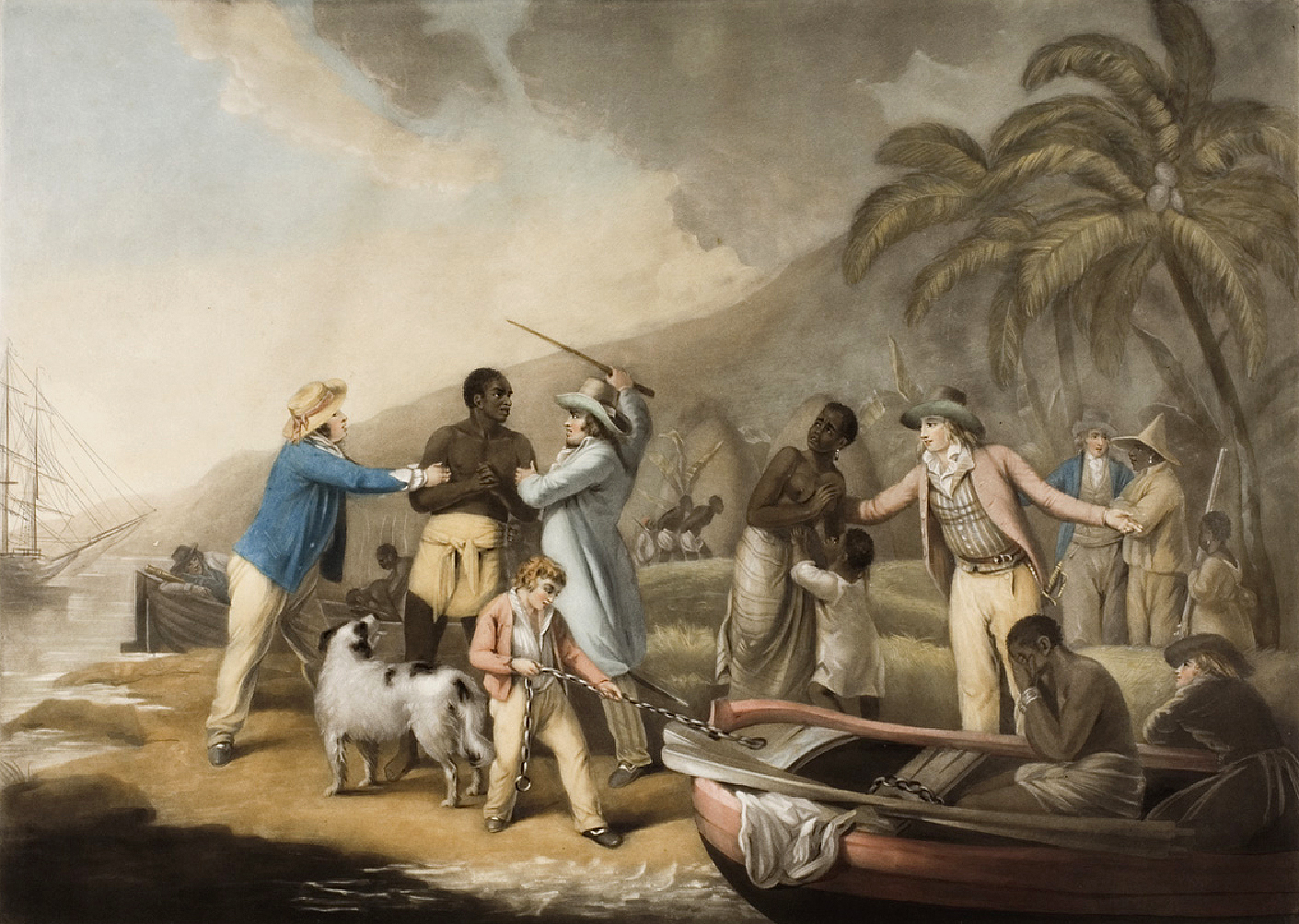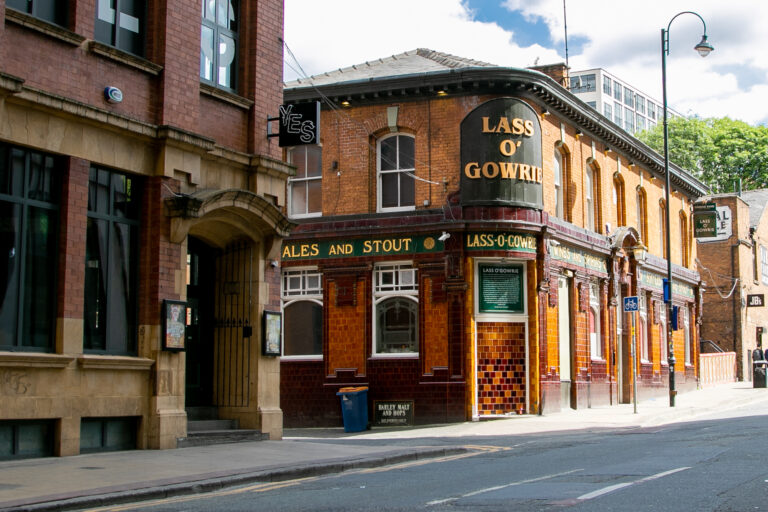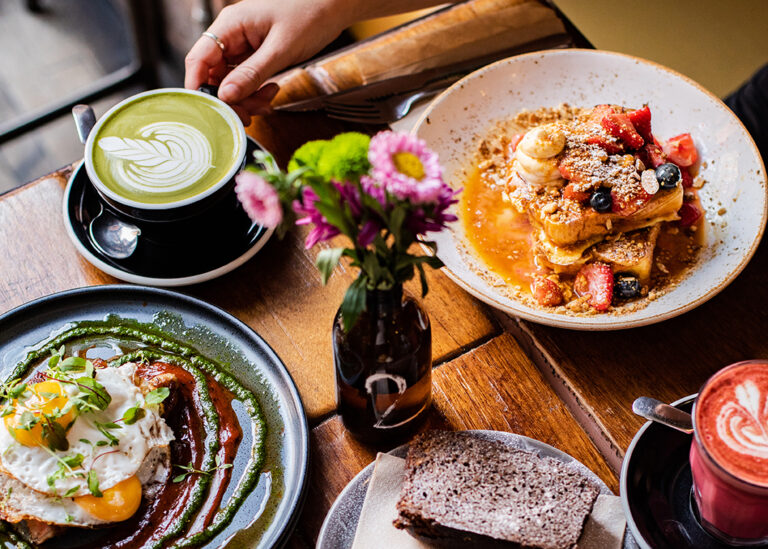Manchester, the slave trade & the Manchester Lit & Phil at International Anthony Burgess Foundation
Manchester, the slave trade & the Manchester Lit & Phil
International Anthony Burgess Foundation
27th September 2023
Get here sustainably

In May 2023, the Manchester Lit & Phil welcomed the Report by researchers from the University of Central Lancashire’s Institute for Black Atlantic Research: ‘The Manchester Lit & Phil and the Transatlantic Slave Trade, 1780-1865’.
The research was commissioned by the Society following the worldwide debates in the wake of the Black Lives Matter protests in 2020. The Lit & Phil wanted the researchers to explore what links – be they direct or indirect – its early members may have had with the slave trade.
As part of the Society’s follow-up to the Report’s publication, this event welcomes a distinguished, specially invited Panel to reflect on the key findings and to discuss its many-faceted implications for the present day – both for the Lit & Phil, and for the wider understanding of how best to address the legacy of the slave trade. That legacy continues to impact Manchester’s culture, economy and social fabric.
Panellists include the Report’s research team leader Alan Price and other experts in the field and will be chaired by Professor Erinma Bell MBE. The ‘Question Time’ format should hopefully allow for debate as well as questions.
An extract from the report’s Abstract:
…The research, which was carried out by scholars at the University of Central Lancashire, found that a significant number of early Lit & Phil members profited to varying degrees from links to the slave-based economies of the Black Atlantic. These members contributed to the transatlantic slave trade by stimulating demand for slave-produced cotton as enormous wealth flowed into Manchester through the scaled-up industrial capacity of its mills. They range from engineers James Watt, Richard Roberts, Sir William Fairbairn and Joseph Whitworth; to mill owners Peter Drinkwater, Robert Owen, James McConnel, John Kennedy, George and Adam Murray, and Samuel Greg; to slave-produced goods traders John Birley and Sir George Philips. Some were more directly involved in financing slavery and owning slaves, such as Benjamin Heywood, who invested in slave voyages, and George Hibbert, a plantation owner and anti-abolition campaigner.
In detailing how these individuals and their families and networks were connected to the transatlantic slave trade, this report addresses a longstanding gap in the information available on Lit & Phil members’ positions with respect to slavery during the late eighteenth and nineteenth centuries. Its publication is evidence of the Lit & Phil’s willingness to enter into further dialogue about increasing diversity and inclusion within its own membership and engage more actively with contemporary demands for acknowledgement of their historical links to transatlantic slavery within a community that is still marked by racial prejudice and inequality.



